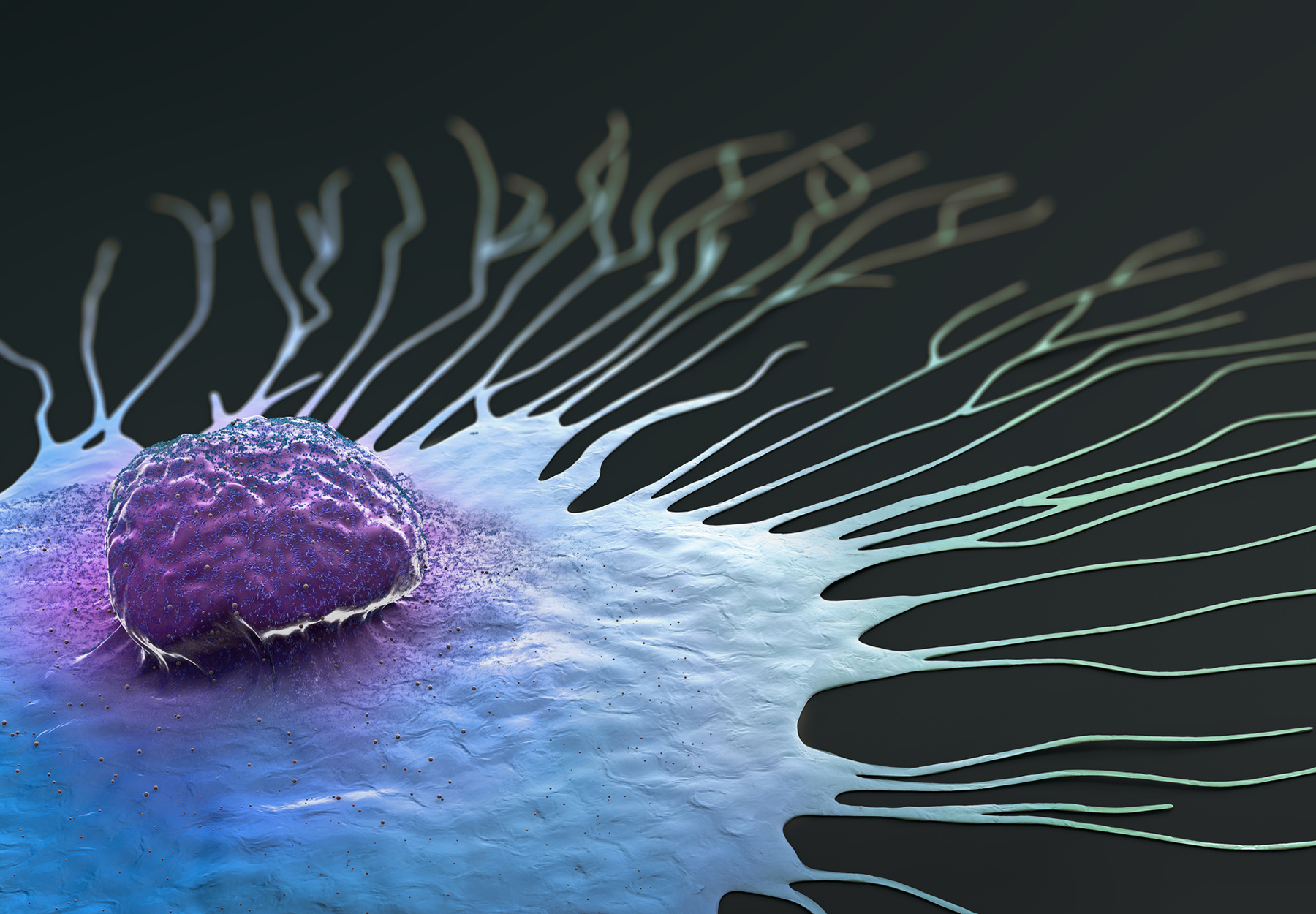With a recent CA: A Cancer Journal for Clinicians article showing that female breast cancer has now surpassed lung cancer as the most commonly diagnosed type of the disease, there is even greater urgency for new tests to quickly and easily detect breast cancer in its earliest stages, as well as monitor treatment response and cancer recurrence. A new automated liquid biopsy assay currently in the works by Johns Hopkins Kimmel Cancer Center could help achieve that goal.
As described in a research article recently published in the American Association for Cancer Research journal Cancer Research Communications, the assay measures breast cancer methylation in the plasma or serum of patients with metastatic breast cancer. Showing high sensitivity and specificity, the simple-to-perform assay also produces results quickly, detecting nine methylated markers within 4.5 hours, the researchers behind the assay write.
This presents an important improvement over current molecular liquid biopsy assays meant to monitor treatment success and detect cancer recurrence, which require highly-trained staff, advanced technology, and weeks to produce results, the research team notes.
So far, the cartridge-based test, Liquid Biopsy for Breast Cancer Methylation (LBx-BCM) is only in the prototype stage and is only for research use. If it’s successfully developed further, the assay could be used to more quickly and easily determine whether treatment is successful, or if a patient’s cancer has returned, so that clinicians can make better decisions regarding treatment.
“Our goal was to develop an assay that would be sophisticated yet simple to perform worldwide and could be used at the point of care to provide same-day feedback to clinicians and patients,” says Saraswati Sukumar, PhD, professor of oncology and pathology at the Johns Hopkins University School of Medicine and one of the study’s authors, in a press release. “If we are able to show by this cartridge assay that we are indeed successful in predicting the course of treatment, we might be able to institute changes in the way we look at chemotherapy and the way we treat patients for metastatic breast cancer.”
